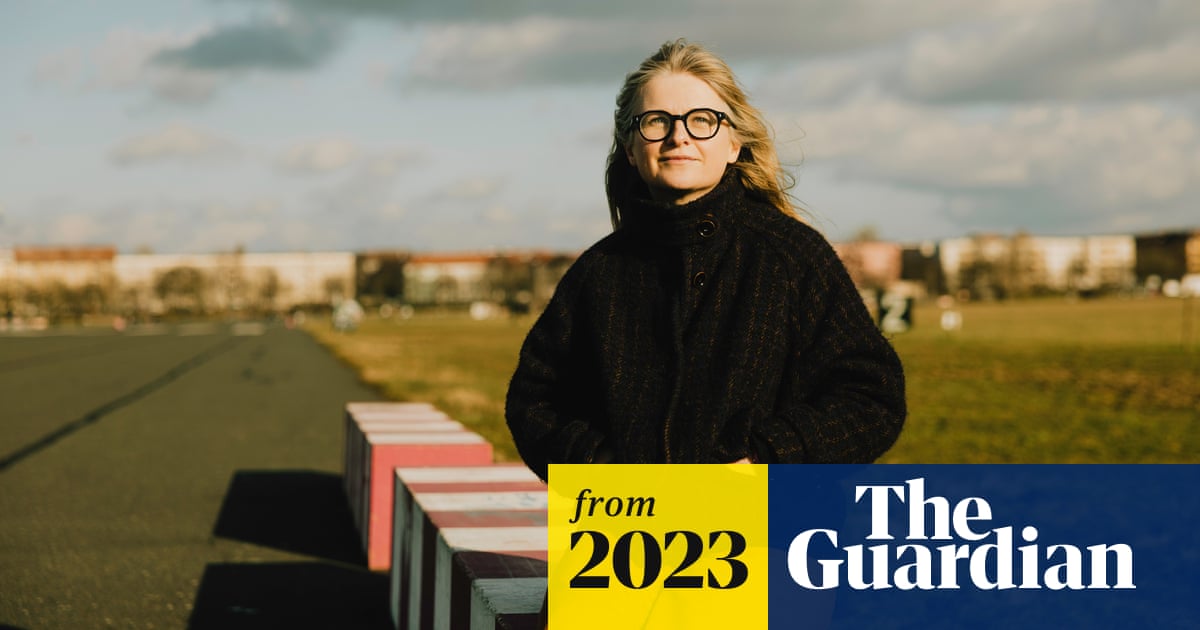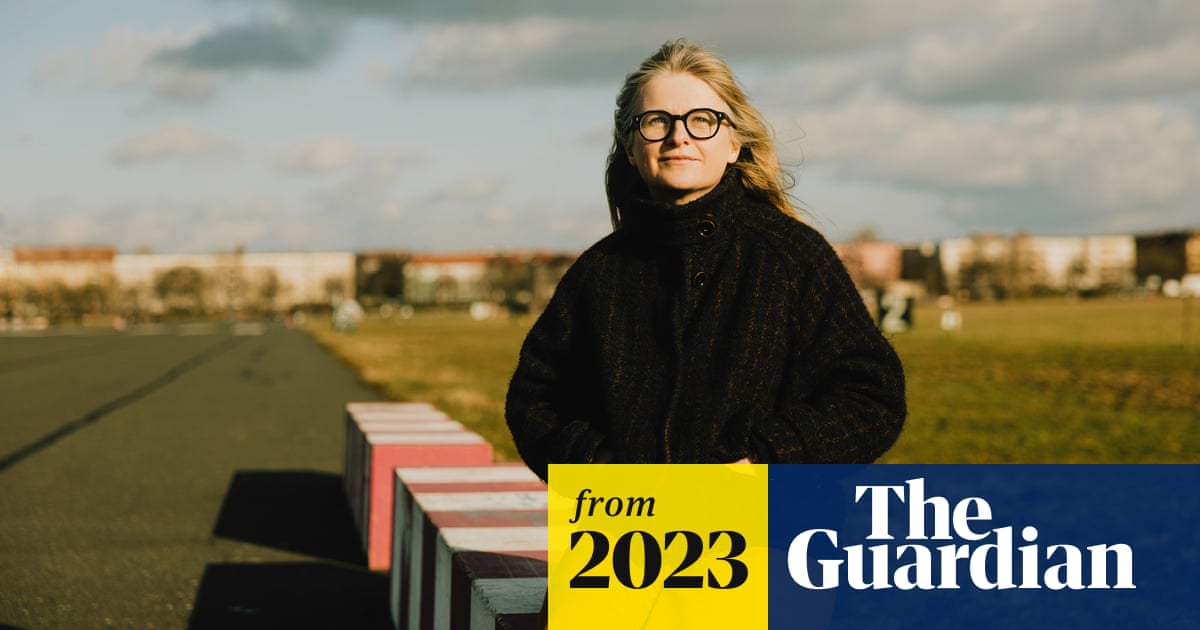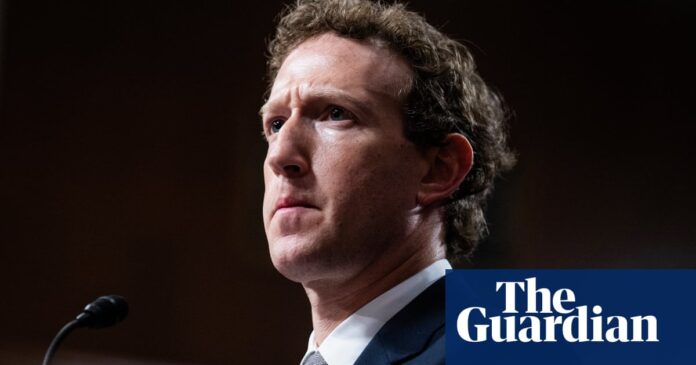The Battle for Truth: EU Steps into the Fray with Meta In an era where social media has become an integral part of our lives, the lines between reality and manipulation have never been more blurred. Facebook and Instagram, two of the world’s most influential social media platforms, have long been accused of failing to effectively combat misinformation and fake news. But now, the European Union (EU) has thrown its hat into the ring, sparking a heated debate on the role of tech giants in shaping our perceptions of reality. In a shocking move, the EU has begun to investigate Meta, the parent company of Facebook and Instagram, over its handling of disinformation and hate speech. Will the EU’s efforts be enough to root out the truth on these platforms, or will Meta continue to wield its influence unchecked? In this article, we’ll delve into the heart of the matter and explore what this means for the future of online information and the truth.
Meta’s Shift Away from Fact-Checking: A Challenge for the EU

Meta’s decision to abandon professional, third-party fact-checking in the US and its potential impact on the EU has raised concerns among fact-checkers and experts. The move has been seen as a pivot away from fact-checking, a crucial aspect of mitigating the spread of disinformation on social media platforms.

The Implications of Meta’s Policy Shift
Meta’s policy shift has significant implications for the EU, where the company has been working with fact-checkers to mitigate the spread of disinformation. The EU has been a leader in erecting a sophisticated and comprehensive regulatory framework for digital platforms, anchored by the Digital Services Act (DSA). The DSA requires the largest platforms to work with researchers and fact-checkers to mitigate risks from online disinformation, including “fair financial contributions for fact-checkers’ work”.
However, the EU’s regulatory framework is unfinished and untested. The EU case against Elon Musk’s X, the first formal charges brought under the DSA, remains unresolved. Meanwhile, all of the major platforms appear to be falling far short of their commitments under the self-regulatory Code of Practice.

EU’s Response to Meta’s Move
The EU’s response to Meta’s move has been cautious. The European Commission has stated that any major platform would have to “conduct a risk assessment and send it to the EU Commission” before cutting ties with European fact-checkers. However, the Commission’s response has been criticized for being vague and lacking in clarity.
Carlos Hernández-Echevarría, head of policy for the Spanish fact-checker Maldita, argues that the DSA’s deliberately vague language, designed to be forward-looking and collaborative, is being exploited by “a US-based industry more and more reluctant to do anything meaningful against misinformation and other online ills”.

The Role of the European Commission
The European Commission plays a crucial role in enforcing the DSA and its potential impact on Meta’s policies. The Commission’s response to Meta’s move will be a crucial test of the principles in the DSA, and may help to shape Meta’s policies around the world.
The Commission’s enforcement of the DSA will also have significant implications for fact-checkers in the EU. Fact-checkers rely on platforms like Meta for funding and support, and the loss of this support could have a devastating impact on their work.

The Fate of Fact-Checking in Europe: A Growing Concern
The fate of fact-checking in Europe is a growing concern, as Meta’s policy shift and the EU’s response to it have raised questions about the future of fact-checking on social media platforms.
The Importance of Fact-Checking
Fact-checking is a crucial aspect of mitigating the spread of disinformation on social media platforms. Fact-checking helps to identify and correct false or misleading information, and can play a key role in maintaining trust in online platforms.
However, fact-checking is a resource-intensive process, and requires significant funding and support. Fact-checkers rely on platforms like Meta for funding and support, and the loss of this support could have a devastating impact on their work.
Meta’s Fact-Checking Program
Meta’s fact-checking program has been a key aspect of the company’s efforts to mitigate the spread of disinformation on its platforms. The program has been in place since 2016, and has worked with fact-checkers in over 130 countries.
However, Meta’s policy shift has raised questions about the future of the program. The company has stated that it will continue to work with fact-checkers in the EU, but the details of this arrangement are unclear.
Fact-Checking and Disinformation: A Global Challenge
Fact-checking and disinformation are global challenges that require a coordinated effort to address. Disinformation can have significant consequences, from influencing elections to inciting violence.
The Importance of Fact-Checking
Fact-checking is a crucial aspect of mitigating the spread of disinformation. Fact-checking helps to identify and correct false or misleading information, and can play a key role in maintaining trust in online platforms.
However, fact-checking is a resource-intensive process, and requires significant funding and support. Fact-checkers rely on platforms like Meta for funding and support, and the loss of this support could have a devastating impact on their work.
The Global Impact of Disinformation
Disinformation has a significant impact on individuals and communities around the world. Disinformation can influence elections, incite violence, and erode trust in institutions.
Addressing disinformation requires a coordinated effort from governments, civil society, and the private sector. This includes investing in fact-checking initiatives, promoting media literacy, and developing effective regulations to mitigate the spread of disinformation.
The Digital Services Act: A Framework for Regulation
The Digital Services Act (DSA) is a framework for regulating digital platforms in the EU. The DSA requires the largest platforms to work with researchers and fact-checkers to mitigate risks from online disinformation, including “fair financial contributions for fact-checkers’ work”.
The DSA’s Purpose and Scope
The DSA’s purpose is to regulate digital platforms and mitigate the risks associated with online disinformation. The DSA’s scope includes all digital platforms, from social media to online marketplaces.
The DSA requires platforms to implement measures to mitigate the spread of disinformation, including fact-checking initiatives and transparency reports.
The DSA’s Requirements for Fact-Checking
The DSA requires platforms to work with fact-checkers to mitigate the spread of disinformation. This includes providing fact-checkers with access to data and resources, as well as fair financial contributions for their work.
However, the DSA’s requirements for fact-checking are still unclear, and the details of this arrangement are subject to ongoing negotiations.
The Challenge of Enforcement
Enforcing the DSA will be a significant challenge. The Commission will need to work closely with platforms and fact-checkers to ensure compliance with the DSA’s requirements.
However, the Commission’s enforcement powers are still unclear, and the details of this arrangement are subject to ongoing negotiations.
Conclusion
Conclusion: The EU’s Battle for Digital Transparency
The recent article “Will the EU fight for the truth on Facebook and Instagram? | Meta – The Guardian” has shed light on the ongoing debate between the European Union and Meta (formerly Facebook) regarding digital transparency and accountability. The key points discussed in the article highlight the EU’s growing concerns over the spread of misinformation on Meta’s platforms, particularly Facebook and Instagram. The main arguments revolve around the need for greater transparency, more effective content moderation, and the EU’s efforts to hold Meta accountable for its impact on the digital landscape.
The significance of this topic cannot be overstated, as the digital world has become an integral part of our daily lives, and the spread of misinformation can have far-reaching consequences. The EU’s efforts to address this issue are crucial not only for European citizens but also for the global community. If the EU succeeds in its endeavors, it will set a precedent for other countries to follow, leading to a more transparent and accountable digital world. The implications of this topic are vast, ranging from the impact on democracy to the influence on public opinion and decision-making.
As we move forward, it is essential to recognize that the EU’s battle for digital transparency is far from over. The future of digital communication will likely be shaped by the outcome of this struggle. Will the EU’s efforts lead to a more transparent and accountable digital world, or will Meta’s influence prevail? The answer to this question will have a lasting impact on our ability to navigate the digital landscape with confidence. As the EU continues to fight for the truth on Facebook and Instagram, one thing is clear: the future of digital communication hangs in the balance. The EU’s battle for digital transparency is not just a fight for the truth; it’s a fight for the soul of the digital world.
